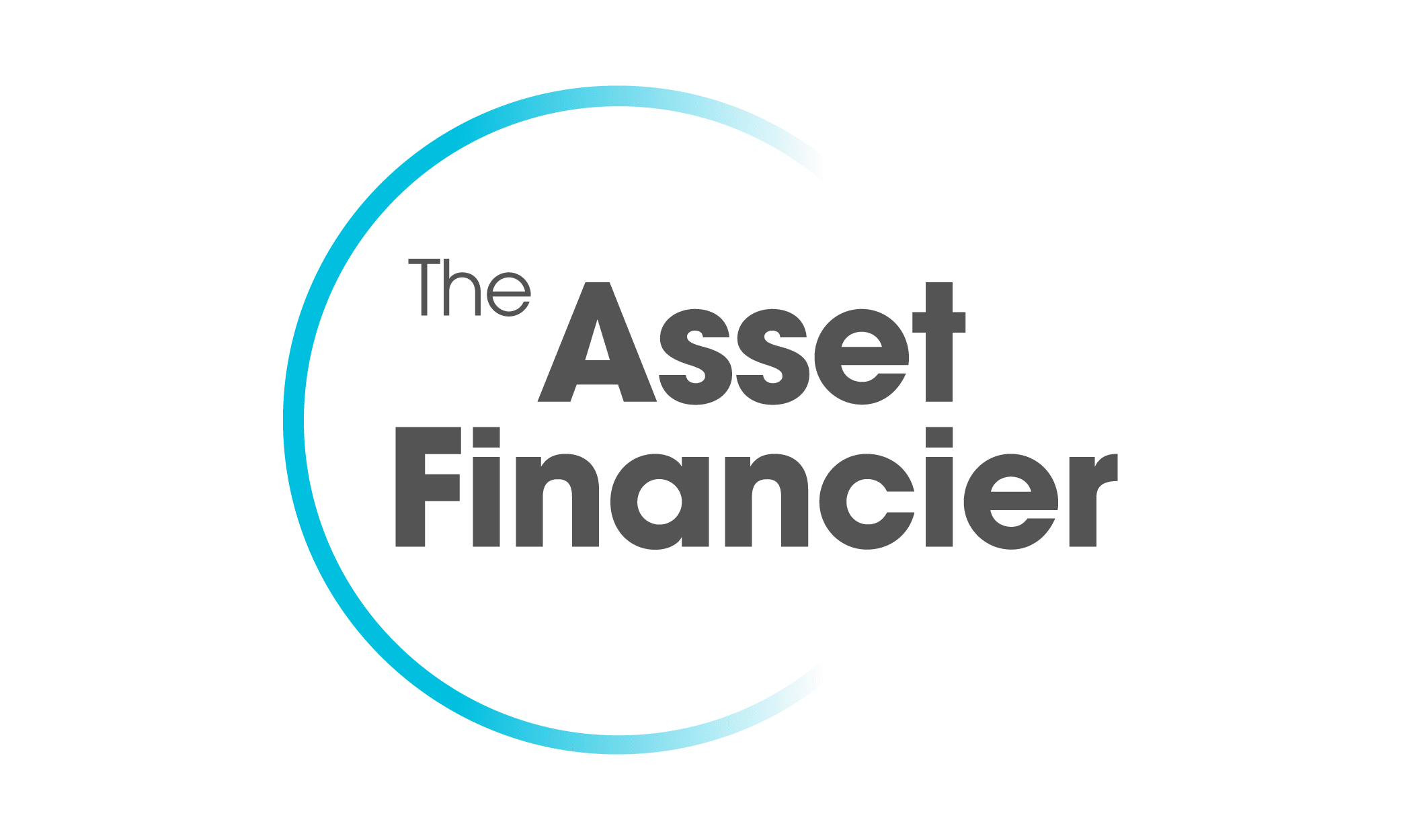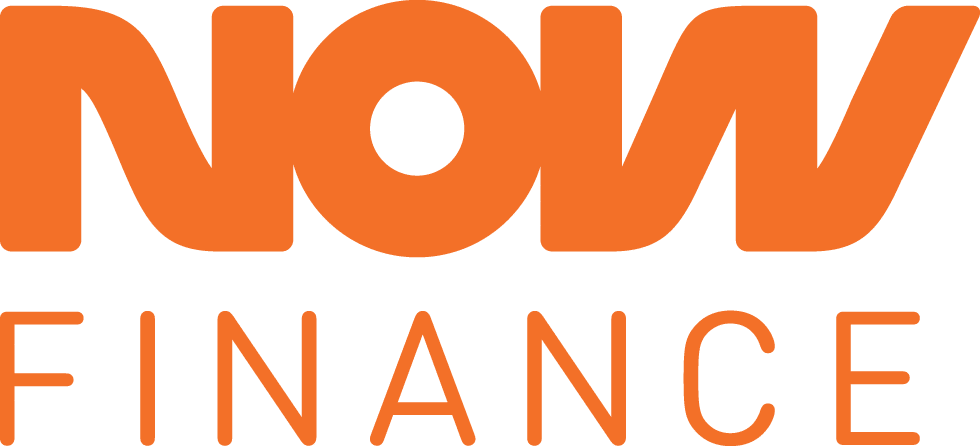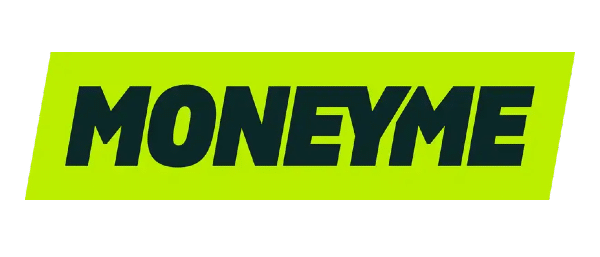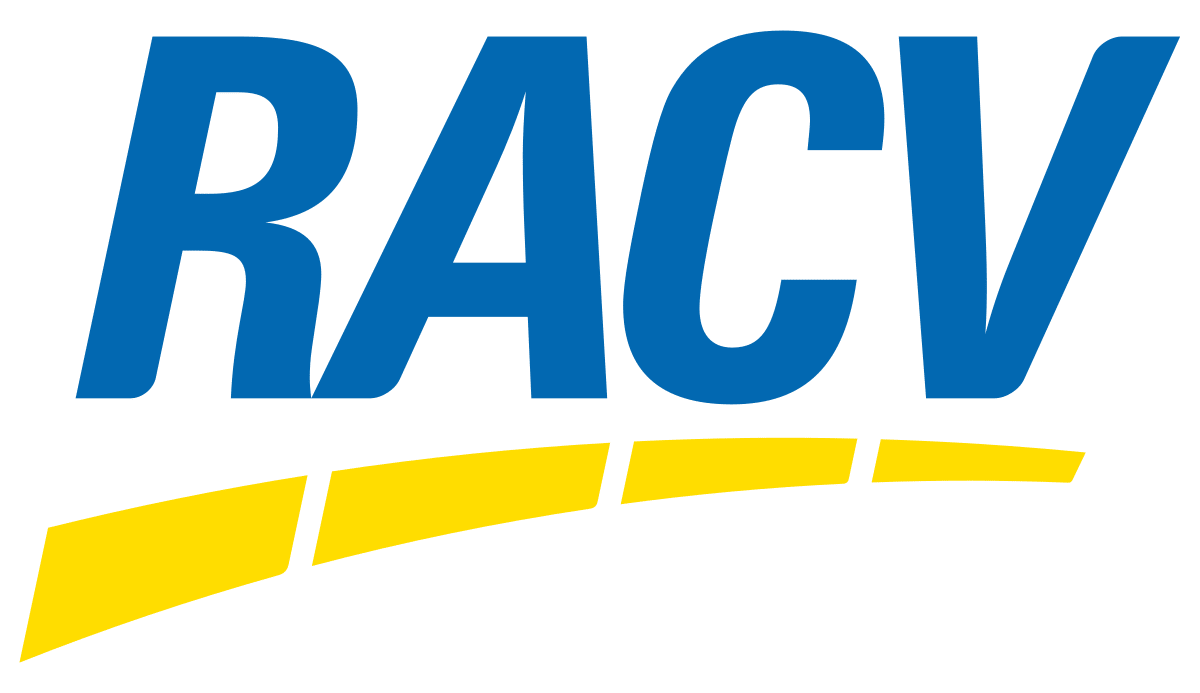Like all other Australians, any Aboriginal or Torres Strait Islander person can apply for a loan to buy a car through banks, credit unions and other lenders. However, there is no such thing as a car loan specifically for Aboriginal people. When it comes to car loans, the options available to you include:
- Secured loans: where the car is used as security for the loan. Secured car loans can be taken out for a range of models, from brand-new to as old as 15 to 20 years. The length of the car loan can run from one to seven years.
- Unsecured loans: which aren’t backed by an asset, so they come with higher interest rates. An unsecured loan may be suitable when the car you want to buy doesn’t meet your lender’s criteria, such as because it’s too old or not in good enough condition.
- Fixed interest rate loans: where interest rates and repayments remain the same across your term. Pretty much all car loans come with fixed interest rates.
- Variable interest rate loans: which can be subject to interest rate changes, resulting in you potentially paying more or less depending on which way the rates move. Variable rates are available on some secured car loans, but are most common on unsecured loans.
Even if your credit score or history isn’t the best, there are lenders in Australia who offer bad credit loans and specialise in working with people in your position.
Where to go for free financial advice for Indigenous Australians
Some organisations offer programs specifically for providing advice to First Nations people and help with improving financial literacy. You can use any of these services or resources to find out more information before you take out your car loan. These include:
- Moneysmart.gov.au: includes videos on “Managing money for your mob” and podcasts on Indigenous financial issues.
- Aboriginal Legal Rights Movement (ALRM) Financial Counselling: ALRM offers free and confidential counselling services to Aboriginal people who are seeking advice or experiencing financial hardship.
- Mob Strong Debt Help: this is a free legal service about money matters for Aboriginal and Torres Strait Islander people in Australia. Services cover negotiating with lenders or debt collectors and dispute resolutions.
- First Nations Foundation’s Rich Blak Women initiative: this program is designed with the intention of helping First Nations women prosper financially, offering free financial literacy training and resources.
- ACCC’s Be Smart Buy Smart guide: as well as car buying guidance, this document provides information on consumer rights regarding shopping, credit, refunds and more.
Can I get a car loan for my Aboriginal business?
Yes, there are also several commercial finance options available to businesses looking to purchase a car. These include:
| Product | How it works |
|---|---|
| Chattel mortgage | Much the same as a standard consumer car loan, but you’ll be able to claim tax deductions such as the interest on your loan payments, GST on the car purchase and depreciation on the vehicle. You may also have a balloon payment as part of your agreement, which is a lump sum you’ll have to pay at the end of your loan term. |
| Car lease | This is a commercial arrangement where you agree to rent the car for one to five years. Depending on the type of lease, you may be able to buy the car, sell it, trade it in or simply hand it back when your lease ends. Up to 100% of your lease payment will be tax-deductible. |
| Business loan | Buying your car with an unsecured business loan is essentially the same as taking out an unsecured car loan. These loans may be more easily accessible and appropriate if your car doesn’t meet your lender’s criteria, but interest rates tend to be higher (albeit at least partly tax-deductible). |
Outside of these options, you may also be eligible for a range of other First Nations business-specific grants and programs. Indigenous Business Australia (IBA) offers business loans and packages itself, such as its Start-Up Package, while you can also search Business.gov.au for grants on offer to Aboriginal and Torres Strait Islander business owners.
How do I qualify for a car loan?
To qualify, you'll need to meet the following lender criteria:
- You must be at least 18 years of age
- You must be an Australian citizen or permanent resident
- You must be earning a stable income which is enough to comfortably support your repayments (this can start from as little as $480 per week)
- You must be employed and earning a consistent income from your job
- You must meet your lender’s requirements related to your credit score
- Your car must meet your lender’s requirements related to type, age and condition
Regarding your credit score, a good score increases your options for loans and can help you get a lower interest rate. However, even with a poor score or no credit history, you may still be able to get a car loan approved.
Other things lenders ask about include:
- Assets, such as whether you’re a homeowner
- Liabilities, such as a mortgage, personal loans and credit cards
- Current expenses, such as rent and utility bills
What should I look for when shopping for a car?
There are plenty of factors to consider before you choose your car. For a start, you need to consider not just the cost to buy the car, but what you’ll be paying to run it. This includes fuel, insurance, registration, roadside assistance, servicing and repairs.
The ACCC’s Be Smart Buy Smart guide for Indigenous Australians recommends the following when it comes to buying a car:
- Buying a used car from a licensed dealer means there’ll be more protections in place for you, such as warranties. This isn’t the case when you buy from a private seller, such as on Gumtree or Facebook Marketplace.
- Cars that are too old or very cheap may leave you to foot the bill for repairs, as they likely won’t be covered by a warranty.
- Get a mechanic you trust to inspect any second-hand vehicle you’re considering before you agree to buy it. They’ll be able to find any major flaws that the dealer or seller isn’t aware of or hasn’t told you about.
- Don’t sign anything until you’ve read all the documents and are certain about buying the car.
- Know your rights. For example, even if you’ve signed a contract, you may have a cooling-off period where you can hand back the car if you change your mind.
- If you need a loan, draw up a budget to work out how much you can afford in repayments.
How can I compare different car loan deals?
There’s a range of ways to compare car loan offers on the market. These include:
- Interest rates: higher interest rates will lead to higher overall costs, so look for loans with the lowest available rates.
- Fees: on top of rates, you may also be charged establishment, ongoing or early repayment fees, which can add up over your loan.
- Comparison rates: these include interest and the main fees on your loan, giving a more accurate indication of its cost.
- Loan amounts: different lenders offer different minimum and maximum amounts, so make sure yours offers what you need.
- Loan terms: you can take between one and seven years to repay your loan, but not all lenders will offer this full range. Some might cap their loan terms at five years, for instance.
- Repayment flexibility: some lenders may allow you to make additional repayments for free, which can help you save, but others may charge steep fees for paying your loan off early.
- Eligibility criteria: make sure you meet the eligibility criteria set in place by your lender.
- Car eligibility criteria: you’ll also need to make sure your car is the right age and in good enough condition to qualify for your loan.
Where should I apply for my car loan?
There are a few options when it comes to applying for your car loan, including:
- Banks: applying with your bank might be the most convenient and potentially quicker than other options, since they have all your banking details on hand, but interest rates may not be as competitive and eligibility criteria are often stricter.
- Credit unions: the same may apply if you do your banking with a credit union, except their rates are usually better due to their member-owned model.
- Online lenders: there’s a wide number of online lenders offering car loans to people of all financial backgrounds. It’s important to research your lender first to make sure you aren’t at risk of being scammed.
- Car loan brokers: applying with a car loan broker can save you time and effort. They can compare loans, negotiate rates and prepare documents for you, although they may only work with a limited number of lenders. Savvy is a car loan broker, so we can walk you through the process from start to finish.
- Car dealerships: applying at your car dealership is another convenient option, with some dealers offering rates as low as 0% p.a. However, deals may not be as good as they seem, with potentially high fees, inflated purchase prices and high interest after an introductory period.
Are interest-free Aboriginal car loans available in Australia?
Yes, you can take out an interest-free car loan through the No Interest Loans (NILs) program offered by Good Shepherd. These are available for up to $5,000 and allow you to purchase a car, motorcycle, scooter or mobility scooter needed for daily usage. As the name suggests, you won’t have to pay any interest or fees on your loan debt. You must prove that you’re able to pay back the loan and meet at least one of the following eligibility criteria:
- Earn less than $70,000 per year if you’re single and without children
- Earn less than $100,000 per year if you’re with a partner and/or have children
- Be a Health Care/Pension Card holder
- Have experienced family or domestic violence in the last ten years
NILs are offered online and through participating charitable organisations around Australia.
How should I avoid expensive loans and get the best deal?
Here are some simple tips to help you ensure you get the best available deal for your needs:
- Take the time to compare your options thoroughly
- Draw up a monthly budget before you apply to help you work out how much you can afford
- Examine the terms and conditions of your loan contract carefully to ensure you’re aware of all fees
- Consult with one of the financial services listed above if you’re unsure about any part of your loan or financial situation
According to the banking royal commission in 2018, Aboriginal people in remote communities were targeted by car dealerships and saddled with loans at rates as high as 48% p.a. and unnecessary insurance policies with little to no value. These products were sold on top of cars in poor condition that would break down soon after purchase.
It’s very important to avoid these types of dealers and to know your rights when it comes to car purchases. That’s where some of these free financial literacy resources can come in handy. Once you’re ready to apply for a car loan, you can compare a range of offers with Savvy and have the heavy lifting handled for you by one of our experienced and friendly brokers.
- Indigenous - Moneysmart
- Financial Counselling - Aboriginal Legal Rights Movement
- Mob Strong Debt Help - Financial Rights Legal Centre
- Rich Blak Women - First Nations Foundation
- Be Smart - Buy Smart - Australian Competition and Consumer Commission
- Business Finance - Indigenous Business Australia
- Start-Up Package - Indigenous Business Australia
- Grants and programs finder - Business.gov.au
- No Interest Loans for vehicles - Good Shepherd
- Banking inquiry told Indigenous people exploited by insurance companies - The Guardian
- Remote Indigenous communities left with broken cars and no redress: Part one - Choice





























